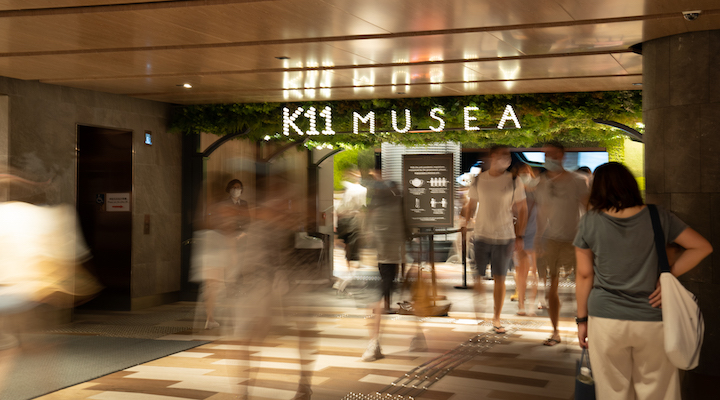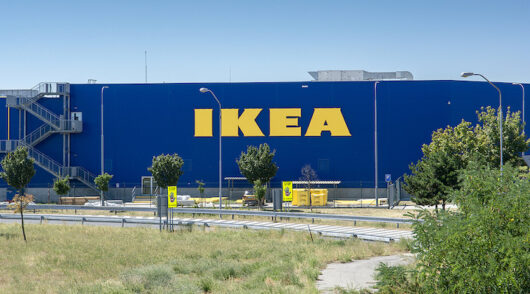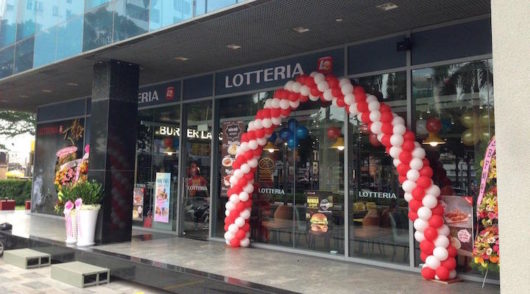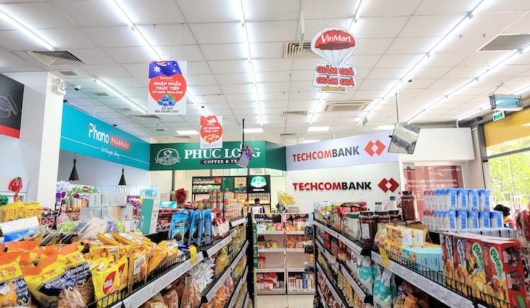Revenge consumption has helped K11 shopping centres across Mainland China and Hong Kong flourish in the wake of the Covid-19 pandemic as the company worked to attract customers back to spending mode – and away from rival malls.
Golden Week in early October marked a turning point inside the malls, as local consumers in both markets, frustrated by the confinement and restrictions of the peak of the Covid crisis, actively sought out bespoke and experiential options. October sales were up 36 per cent year on year in the mainland K11 properties, driven by Golden Week spending and luxury categories, with the larger cities outperforming: Shanghai sales were up 46 per cent and Shenyang’s by 72 per cent.
The two New World Development Group-owned K11 malls in Hong Kong saw sales rise by 55 per cent, outperforming peers thanks to the company’s focus on cultural activities, exhibitions and marketing programs. At the new flagship K11 Musea property on Kowloon’s waterfront, sales were up 89 per cent.
A major factor in the strong rebound in physical shopping was a comprehensive digital program designed to engage shoppers, something K11 had been developing as a strategy for engagement even before Covid-19 came along. The technology came into its own reaching consumers suddenly finding themselves stuck at home or social distancing.
“Consumers are now looking for an immersive shopping experience, and digitalisation is the way to fulfill needs of the fast-changing millennial consumers who crave for exclusivity, bespoke experiences, curated content and products,” a spokesman for K11 told us.
“We are leading this new trend and creating new opportunities by accelerating digitisation and cultivating an immersive consumer experience in art, culture, nature and commerce.”
In response to changing consumer needs during the pandemic, K11 shopping malls worked with tenants to craft an omnichannel sales approach that digitally transforms and improves the products and services offered.
One initiative driving growth during and post pandemic is K11 Go, an online sales channel for tenants of K11 sites in Guangzhou, Shenyang, Shanghai and Wuhan. It uses the group’s ecosystem for tenants, customers and members offering more than 200 brands from tenants including Moschino, Sergio Rossi, Spige, Sandro, Vivienne Westwood, Nike, Adidas, DJI, GoPro, Jurlique and L’Occitane.
“K11 Go was built in response to the Covid-19 situation to create a seamless digital-shopping experience for our members and provide additional revenue channels to support our tenants given the social-distancing restrictions during the pandemic,” explained the spokesperson.
These tenants can directly access more than 1.8 million K11 members with high spending power in China using marketing tools including exclusive live-streaming events and ‘limited-time promotions’ on K11’s WeChat and Instagram accounts.
Standout success stories include a Chinese brand which sold more than RMB 2 million worth of products on live streaming alone and British bicycle brand Brompton which generated some RMB 500,000 in sales during just one hour of streaming.
In Hong Kong, the K11 App helped tenants stay connected with their customers despite social-distancing restrictions during the pandemic. Different to K11 Go, the Hong Kong app offers an e-shop, points registration and redemption, promotional functions and parking assistance.
More than 100 tenants joined a K11 Hong Kong Live Shop live-streaming initiative, including Atelier Cologne, Charlotte Tilbury, Dior, Gentle Monster, La Mer, Lancome, Michael Kors, Off White and Tom Ford Beauty. More than 300 live-streaming events have been held since March.
With the mainland being the first market to see gradual recovery from Covid-19, K11 China captured the opportunity for ‘experiential consumption’ by connecting shoppers with art, culture, nature, child-friendly activities and bespoke experiences as consumers coming out of months of social-distancing and lockdown.
K11 quotes research showing that fewer than 40 per cent of Chinese shopping malls set up online channels during the pandemic and most of those appear to have failed because online sales account for just 10 per cent of their total sales.
The company says its malls continue to appeal to domestic customers and big-spending top-tier consumers, making the centres more resilient and less exposed to the drop of tourism during the pandemic.






